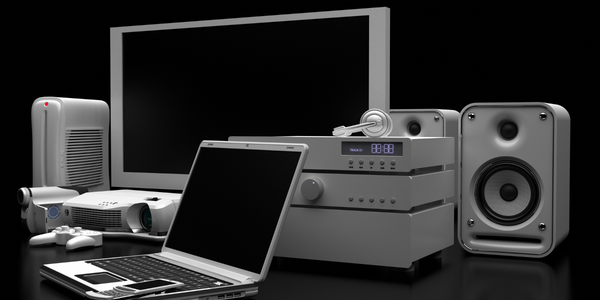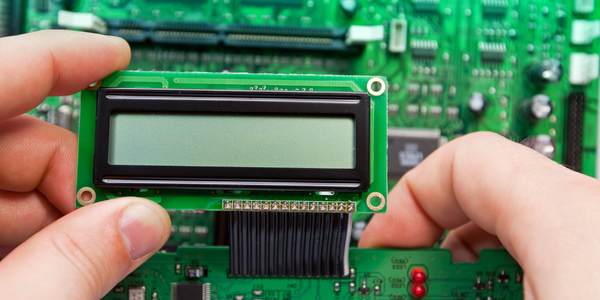公司规模
Large Corporate
地区
- Asia
国家
- India
产品
- SAP ERP
- SAP BusinessObjects Business Intelligence
技术栈
- SAP
- Business Intelligence
实施规模
- Enterprise-wide Deployment
影响指标
- Productivity Improvements
- Customer Satisfaction
技术
- 平台即服务 (PaaS) - 数据管理平台
适用行业
- 电子产品
适用功能
- 销售与市场营销
- 商业运营
用例
- 供应链可见性(SCV)
- 需求计划与预测
服务
- 系统集成
- 软件设计与工程服务
关于客户
Racold Thermo Ltd. 总部位于印度浦那,是一家领先的电热水器、燃气热水器和太阳能热水器制造商和销售商。该公司每年生产超过 500,000 台热水器。Racold Thermo 是 Ariston Thermo Group 的全资子公司,Ariston Thermo Group 是一家总部位于意大利的世界领先的水和空间加热产品制造商。该公司制定了雄心勃勃的计划,希望在未来三年内将营业额翻一番,并在同一时间内将其零售业务扩大 50%。为了实现这些目标,Racold Thermo 需要深入了解销售情况,并严格控制其制造、供应链和分销业务。
挑战
Racold Thermo 是印度一家领先的热水器制造商,在快速增长的热水行业面临着激烈的竞争。该公司希望优化其销售和分销活动,以占据更大的市场份额并提高盈利能力。然而,其众多分支机构之间缺乏整合,阻碍了其深入了解销售情况并控制制造、供应链和分销业务的能力。该公司需要一种解决方案,能够清晰地了解市场需求和客户购买习惯,以有效地制定销售策略。其现有业务规划应用程序的局限性需要新的工具和技术。
解决方案
Racold Thermo 与 IBM 全球商业服务部合作部署了一套集成的 SAP ERP 应用程序。实施工作按时完成,且在预算之内。新的 SAP ERP 解决方案包括财务和控制、物料管理、销售和分销、生产规划、质量管理和供应链管理等应用程序,涵盖了 Racold Thermo 业务的核心领域。该公司还引入了 SAP BusinessObjects Business Intelligence,以深入了解其广泛的运营。新的 SAP 解决方案到位后,IBM 顾问与 Racold Thermo 经理合作重新设计业务流程,以提高运营效率。
运营影响
数量效益

Case Study missing?
Start adding your own!
Register with your work email and create a new case study profile for your business.
相关案例.

Case Study
Remote Temperature Monitoring of Perishable Goods Saves Money
RMONI was facing temperature monitoring challenges in a cold chain business. A cold chain must be established and maintained to ensure goods have been properly refrigerated during every step of the process, making temperature monitoring a critical business function. Manual registration practice can be very costly, labor intensive and prone to mistakes.

Case Study
Cloud Solution for Energy Management Platform-Schneider Electric
Schneider Electric required a cloud solution for its energy management platform to manage high computational operations, which were essential for catering to client requirements. As the business involves storage and analysis of huge amounts of data, the company also needed a convenient and scalable storage solution to facilitate operations efficiently.

Case Study
Leveraging the IoT to Gain a Competitive Edge in International Competition
Many large manufacturers in and outside Japan are competing for larger market share in the same space, expecting a growing demand for projectors in the areas of entertainment, which requires glamor and strong visual performance as well as digital signage that can attract people’s attention. “It is becoming more and more difficult to differentiate ourselves with stand-alone hardware products,” says Kazuyuki Kitagawa, Director of Service & Support at Panasonic AVC Networks. “In order for Panasonic to grow market share and overall business, it is essential for us to develop solutions that deliver significant added value.” Panasonic believes projection failure and quality deterioration should never happen. This is what and has driven them to make their projectors IoT-enabled. More specifically, Panasonic has developed a system that collects data from projectors, visualizes detailed operational statuses, and predicts issues and address them before failure occurs. Their projectors are embedded with a variety of sensors that measure power supply, voltage, video input/ output signals, intake/exhaust air temperatures, cooling fan operations, and light bulb operating time. These sensors have been used to make the projector more intelligent, automatically suspending operation when the temperature rises excessively, and automatically switching light bulbs. Although this was a great first step, Panasonic projectors were still not equipped with any capability to send the data over a network.






